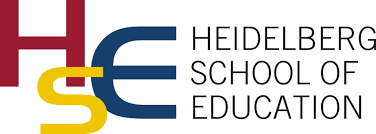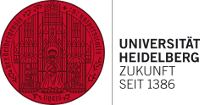Students Working among Themselves
Patterns of Interaction and the Role of Prior Knowledge at Student Experiment Stations in the Subject of Physics
Identifiers (Article)
Abstract
Student experiments are a didactic tool, especially in physics education, to enable students/pupils to deal with physics-related content in a self-regulated way. It usually involves cooperative learning settings in which students work together to find solutions. The processes of learning are determined to a large extent by the composition of the group and the interactions that take place within it. This is where this article starts, which discusses the findings of an empirical video study that aims to systematically record the interactions of a total of 14 8th grade students/pupils from several schools in the Rhine-Main region in various group constellations during self-regulated experimentation phases with the help of low-inference and high-inference ratings and to work out possible (role-)patterns. In addition, it will be analysed to what extent students draw on their own prior subject-specific knowledge during the development process in order to find an adequate solution to the task. The results provide important indications for teaching consequences in the subject of physics.Statistics
Published
2022-11-15
Section
Language
German; English
Keywords
Student experiments, self-regulating learning settings, interaction in student groups, importance of prior knowledge, video analysis






